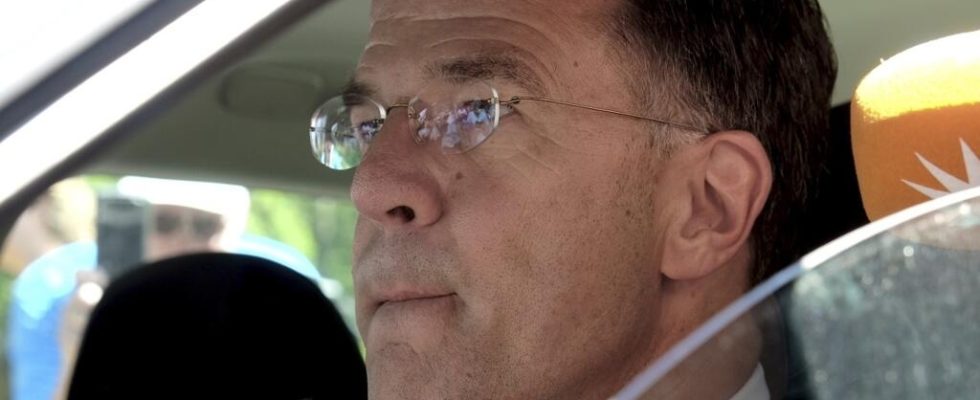Dutch Prime Minister Mark Rutte met King Willem-Alexander on Saturday July 8, after the fall of his coalition government the day before, due to disagreements over migration policy. Early legislative elections must take place in a few months. It was a plan to restrict family reunification for asylum seekers that broke up the coalition and put an end to the fourth term of Mark Rutte, head of the executive for 13 years.
It took nearly nine months of negotiations to form this unstable coalition in January 2022. The small Protestant group ChristenUnie and the liberal centrists of D66 refused to endorse a law which limited the reception of children of refugees already on Dutch territory, bringing down the government.
It is no secret that the positions of the partners diverge on this question, the Prime Minister admitted. Mark Rutte had chosen to toughen the migration policy in the face of controversy over the overload of reception centers and the discontent of certain local elected officials. He also faced internal discontent in his centre-right VVD (Volkspartij voor Vrijheid en Democratie) party.
Immigration, but also the cost of living and the anger of the agricultural world promise a stormy election campaign. The VVD remains ahead in the polls, and Mark Rutte has said he is ready to run for a fifth term. But a newcomer could shake up the landscape: the BBB (BoerBurgerBeweging), which defends farmers and opposes European policies, indeed came out on top in the local spring elections. However, its leader, Caroline van der Plas, has made it known that she would refuse to participate in a coalition in which Mark Rutte would be active.
